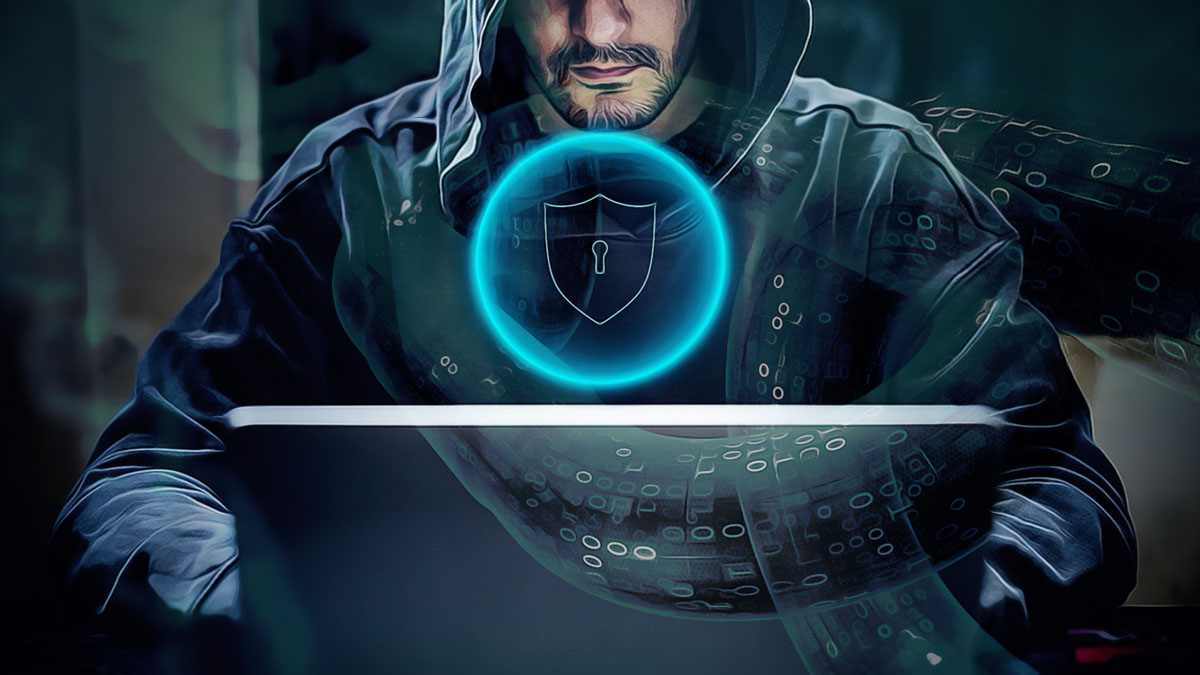In August, the cryptocurrency sector experienced significant financial setbacks as hackers stole over $313.86 million in more than ten cyber attacks. A report from blockchain security firm PeckShield highlighted that phishing attacks were the primary method, responsible for 93.5% of the losses, amounting to $293.4 million. This surge in security breaches has raised concerns about the broader acceptance and security of cryptocurrency assets.
What Were the Major Incidents?
Among the five largest attacks in August, two significant incidents involved the theft of $238 million in Bitcoin and $55.4 million in Dai, both through phishing schemes. Other noteworthy losses included a vulnerability in the Ronin Network, which, despite recovering $12 million, still suffered unauthorized transactions worth $5.1 million. Additionally, the decentralized finance protocol Nexera faced a $1.83 million loss due to a smart contract flaw.
How Did the Industry Respond?
In response to these growing threats, an elite team of ethical hackers, known as the Security Alliance (SEAL), has been formed to bolster defenses against such attacks. Led by white-hat hacker and Paradigm researcher Samczsun, SEAL has received over 900 hack-related reports since its inception in August 2023. This proactive approach aims to mitigate future financial losses and enhance overall security within the crypto industry.
Concrete Measures for Security
- Establish multi-signature wallets to safeguard large funds.
- Regularly audit and update smart contracts to identify vulnerabilities.
- Implement multi-factor authentication (MFA) to enhance account security.
- Engage with reputable blockchain security firms for continuous monitoring.
- Educate users about phishing attacks and safe online practices.
Long-Term Implications
The financial impact of these breaches extends beyond immediate losses. An Immunefi report from August 22 revealed that approximately 80% of cryptocurrencies never recover their value after a hack or exploit. This often inflicts more long-term damage on projects than the initial attack itself, emphasizing the importance of strong security measures and industry vigilance.
As the cryptocurrency industry continues to grow, securing digital assets against cyber threats remains a top priority. The formation of specialized response teams and the adoption of robust security practices are crucial steps to mitigate risks and protect investments.













